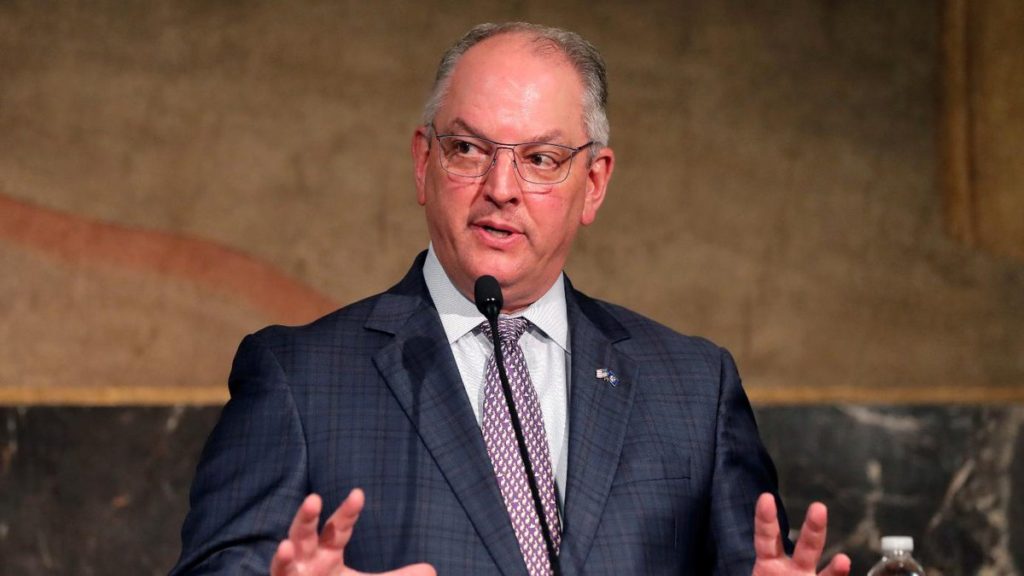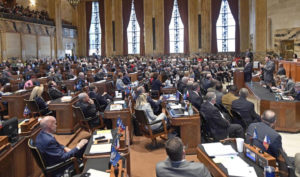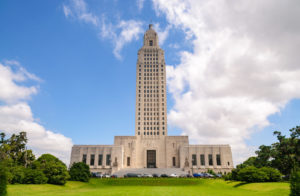Louisiana lawmakers have until July 16 to decide on veto override session which would include multiple school choice bills
(The Center Square) – The Louisiana Conservative Caucus is calling for a veto override session to “correct the governor’s unilateral actions.”
The caucus, which represents 42 members in the…

(The Center Square) – The Louisiana Conservative Caucus is calling for a veto override session to “correct the governor’s unilateral actions.”
The caucus, which represents 42 members in the state House, is pushing for votes to override many of the nearly two dozen bills from the 2022 regular session that Gov. John Bel Edwards vetoed in recent weeks.
“The Legislature represents the will of the people in Louisiana,” said Rep. Rhonda Butler, R-Turkey Creek, a founding member of the conservative caucus. “Overriding the vetoes is not about politics; it’s about checks and balances and serving the people who elected us to be their voice in Baton Rouge.”
Several bills vetoed by Edwards gained broad support from both Democrats and Republicans during the regular session, including two bills to create education savings accounts backed by the Pelican Institute.
Edwards rejected both Senate Bill 203, to create education savings accounts for students who are struggling to read in public schools that parents could have used to find better educational options, as well as House Bill 194, which would have done the same for students with disabilities.
The bills were among numerous ESA bills considered in the recent legislative session that would have allowed parents to use about $5,500 in state funding to pursue private schools or to use for educational expenses like tutors, textbooks and other materials to learn from home.
Edwards opposed both bills because they “would potentially divert Minimum Foundation Program funds (state education funding) for students to attend non-public schools,” and alleged they would “allow the children of wealthy parents to attend private schools subsidized by taxpayer dollars,” according to his veto message.
Supporters of the bills noted repeatedly in committee hearings that local and federal education funds would remain when ESA students leave, which would result in more per-pupil funding for those schools.
Edwards also alleged a lack of accountability to parents and the public, despite measures in the bills designed to monitor education providers and funding.
With HB 194, Edwards argued “the bill does not clearly provide for the students who may qualify for this program.
“I believe that the bill is simply too broad in its application to all students with exceptionalities,” he wrote. “Given this expansive definition, there will be too many students eligible for this program at too great a cost to the public school system.”
Other rejected bills include measures to require a supplemental annual canvas of voters, increase penalties for crimes against law enforcement, prevent discrimination based on vaccine status, improve the system for challenging tax assessments, track persons convicted of manufacturing methamphetamine, and protect churches from unfair emergency declarations, among others.
Legislators have until July 16 to decide on a veto override session, with ballots going out to lawmakers on July 1, Louisiana Radio Network reports.
Rep. Jack McFarland, R-Winnfield, chairman of the conservative caucus, told the news site Republicans aren’t the only ones calling for a veto override session.
Constituents “are calling their legislators and saying I had interest in this bill, I came to the Capitol, I advocated for it,” he said. “If you go back and look at some of this legislation that was vetoed, it got Republican and Democrat support, these aren’t just bills that Republicans and Democrats supported individually.”



